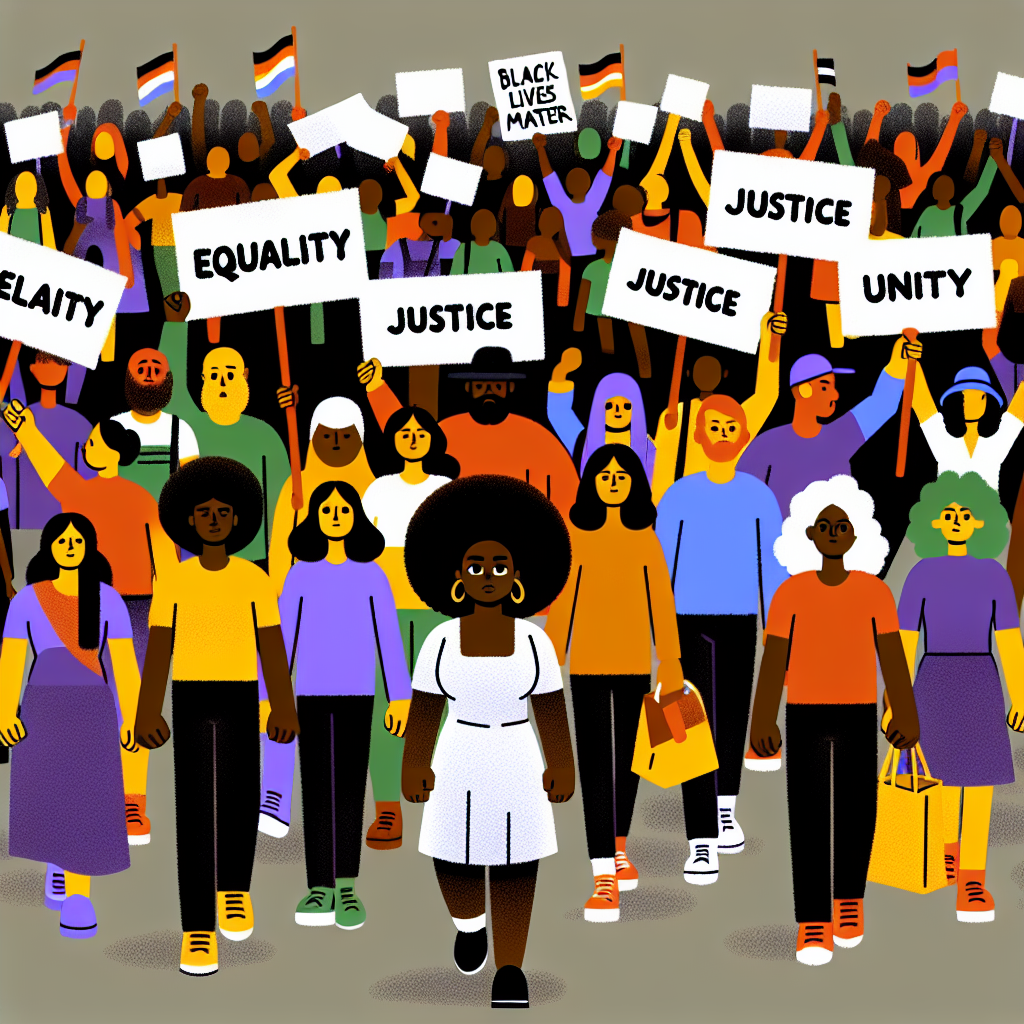UN Report Warns of Systemic Racism Against Africans in Justice Systems
The Expert Mechanism identified twelve key elements that States must adopt to dismantle systemic racism in law enforcement and justice systems.

A new report published by the UN International Independent Expert Mechanism to Advance Racial Justice and Equality in Law Enforcement has sounded the alarm over pervasive systemic racism in criminal justice systems worldwide. The report highlights how entrenched racial discrimination continues to harm Africans and people of African descent, undermining fairness, accountability, and equality before the law.
The findings will be formally presented to the Human Rights Council on 1 October 2025 at the Palais des Nations in Geneva, Switzerland, alongside the Mechanism’s country-specific assessment of Belgium.
Twelve Key Elements for Change
The Expert Mechanism identified twelve key elements that States must adopt to dismantle systemic racism in law enforcement and justice systems. These include:
-
Eliminating racial profiling and discriminatory practices in bail, parole, and sentencing.
-
Ensuring fair representation of Africans and people of African descent across police, prosecution, judiciary, and corrections.
-
Improving training for law enforcement and judicial officials on anti-racism, cultural sensitivity, and human rights.
-
Collecting and using disaggregated data to expose disparities and hold institutions accountable.
-
Establishing racial and cultural impact assessments to prevent discriminatory outcomes in laws and policies.
-
Promoting restorative justice approaches and alternatives to incarceration.
-
Conducting sentence reviews to address excessive and disproportionate penalties.
These measures, the report argues, are essential not only for justice but also for restoring trust between institutions and affected communities.
Overrepresentation and Systemic Bias
One of the most alarming findings of the report is the overrepresentation of people of African descent in prisons and detention facilities across multiple countries. This imbalance is described as both a consequence and a symptom of systemic bias, driven by discriminatory policing, prosecutorial decisions, and judicial outcomes.
The report states: “Racial stereotypes falsely portraying Africans and people of African descent as inherently criminal not only influence individual decisions by police, judges and prosecutors but also distort entire justice systems.”
Historical Legacies and Colonial Roots
The Expert Mechanism emphasized that systemic racism in law enforcement cannot be understood in isolation from history. Many modern legal and policing institutions were established during colonial rule or are rooted in systems of enslavement, segregation, and racial oppression. These legacies, it warns, continue to shape contemporary practices, perpetuating cycles of inequality and discrimination.
A Call to Action
Akua Kuenyehia, Chair of the Expert Mechanism, issued a strong appeal to States: “All these violations are at high risk of continuing to increase in the current global context. We call on all States to implement these recommendations. We need to work together to overcome systemic racism against Africans and people of African descent in the criminal justice system.”
Promising Practices Highlighted
The report also documents positive practices emerging in some countries, including:
-
Restorative justice initiatives involving community dialogue and reconciliation.
-
Independent oversight bodies monitoring racial discrimination in policing.
-
Programs to diversify legal professions and promote equitable access to justice.
-
Efforts to integrate cultural sensitivity training into police academies and judicial schools.
These examples, while limited, demonstrate pathways for reform that could be replicated or expanded at the international level.
Looking Ahead to Geneva
The upcoming presentation of the report in Geneva will provide governments, civil society organizations, and experts an opportunity to engage with the findings and commit to reforms. The Mechanism hopes the report will catalyze a global coalition against systemic racism, ensuring that justice systems serve all populations fairly.
Reform Is Urgent and Possible
The UN report makes clear that systemic racism in criminal justice is not an isolated phenomenon, but a widespread and deeply rooted challenge tied to centuries of oppression. However, it also insists that solutions are within reach—provided there is political will, international cooperation, and a genuine commitment to human rights.










